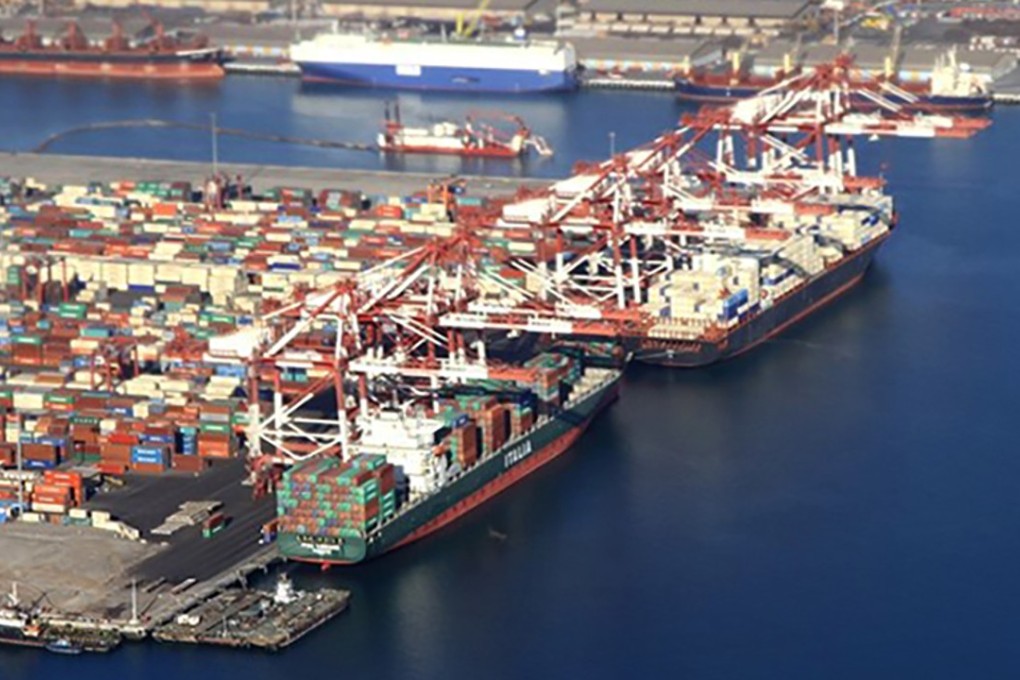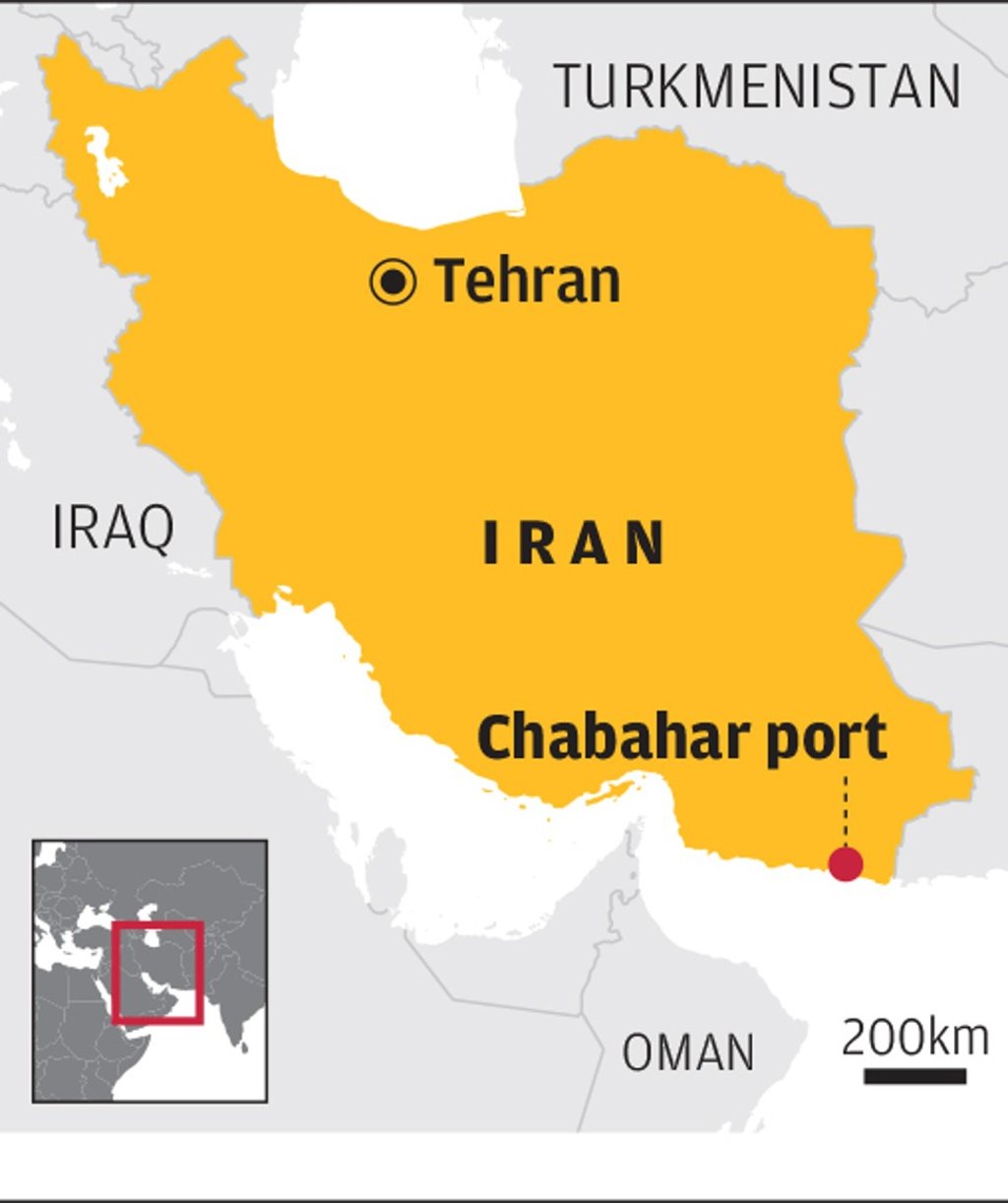Iran’s India-operated Chabahar port in limbo due to US sanctions and regional security issues
India has already committed significant political and diplomatic resources to the Chabahar port, which it hopes will counter Pakistan’s China-backed Gwadar port

Indian investment in Iran’s Chabahar port could be disrupted by economic sanctions as the Trump administration, increasingly hawkish on Iran, cracks down on any dealings with the Gulf nation.
India seeks to challenge China’s influence in the region and although the port is not certain to be affected, Washington appears determined to impose the harshest measures possible on Iran.
In February, India signed an 18-month interim agreement to oversee the port’s operation and committed US$500 million to build two berths.
Located on the Gulf of Oman, the port would afford India access to Afghanistan, Russia and Europe. The port will also be connected to Afghanistan via a planned US$1.6 billion rail link.
India first expressed interest in expanding the Chabahar port in 2003 but the project was delayed – initially due to Western sanctions against Iran before 2015 and then by disagreements between the two countries.
India has already committed significant political and diplomatic resources to the Chabahar project, which it hopes will counter Pakistan’s Gwadar port, backed by China.
